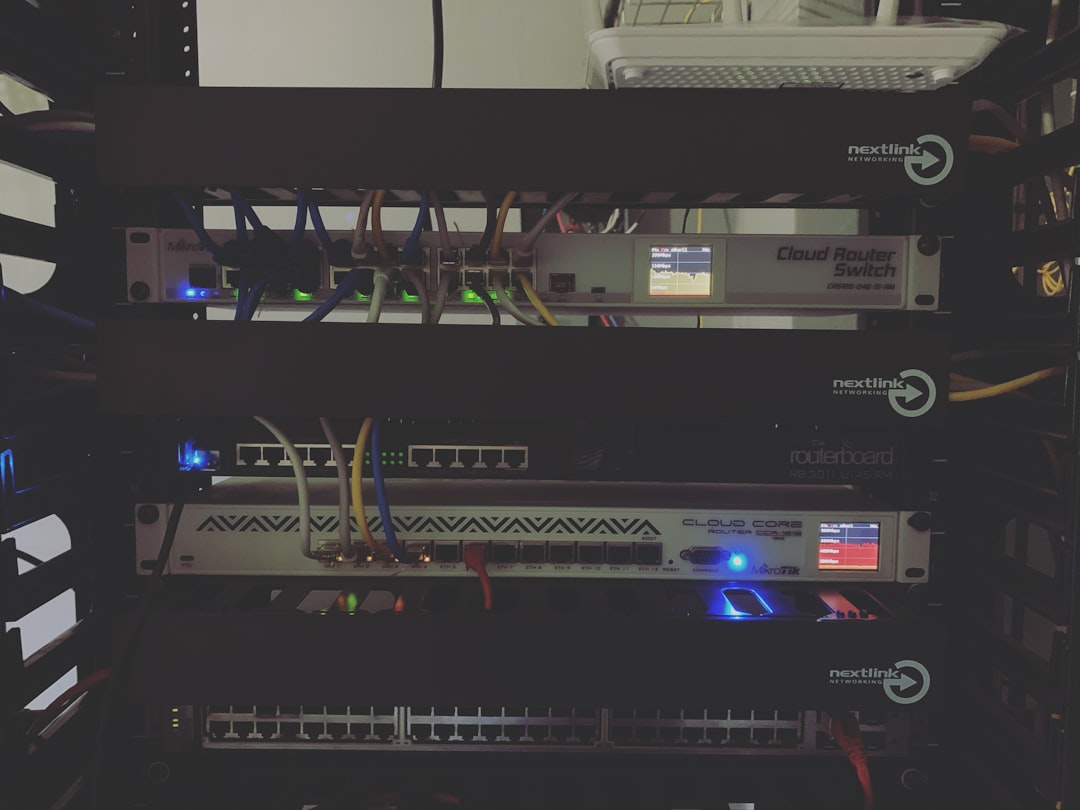As artificial intelligence (AI) continues to expand its presence across various industries, its influence over digital privacy tools like virtual private networks (VPNs) becomes increasingly evident. VPNs have long been used to encrypt data, mask IP addresses, and provide users with a secure online experience. Now, AI is reshaping how these traditional technologies operate, significantly impacting both the performance and capabilities of VPN connections.
Understanding the Basics of VPN Performance
VPN performance is generally measured by three key indicators: speed, latency, and security. Speed determines how fast data travels through the VPN server, while latency reflects the delay experienced during data transmission. Security ensures that all data passing through the tunnel remains confidential and protected.
Traditionally, VPNs heavily rely on fixed routes and manual load management, which can result in inefficient connections and overloaded servers. AI introduces a new era of dynamic, automated systems that can significantly enhance each of these dimensions.
AI-Driven Load Balancing and Server Optimization
One of AI’s major contributions to VPN performance lies in intelligent load balancing. Through machine learning algorithms, AI can analyze traffic patterns in real-time and:
- Predict spikes in user activity
- Identify underperforming servers
- Automatically reroute traffic to more efficient paths
This proactive approach minimizes congestion, optimizes server utilization, and provides faster and more stable connections for users. It also allows VPN providers to scale their operations without compromising performance.

Enhanced Threat Detection
AI enhances the security aspect of VPNs by providing real-time threat detection and prevention. VPNs integrated with AI can detect suspicious behavior such as a sudden surge in data usage or patterns resembling DDoS (Distributed Denial-of-Service) attacks. AI tools can perform deep packet inspections, identifying threats that might evade traditional firewalls and antivirus software.
Additionally, AI models continually learn and evolve, making them increasingly adept at detecting advanced persistent threats (APTs) and zero-day vulnerabilities. This combination of speed and adaptability offers a robust security layer for VPN users.
Latency Reduction Through Smart Routing
Machine learning can assess previous routing paths and user habits to determine optimal data routes. By analyzing network congestion, server load, geographic distance, and ISP performance, AI can identify the fastest and most efficient pathway for data packets. This advanced routing method reduces latency, resulting in more seamless browsing, faster downloads, and an improved overall experience.

Availability and Cost Efficiency
AI enables predictive analytics that help VPN companies anticipate demand and more efficiently allocate resources. This foresight reduces server downtime and ensures better availability during peak hours. It also minimizes operational costs, allowing providers to offer cost-effective solutions to end-users without sacrificing quality.
Challenges and Limitations of AI in VPNs
Despite its benefits, the integration of AI into VPN systems is not without hurdles. Developing and maintaining AI algorithms require significant investment and computational resources. Additionally, over-reliance on AI might lead to over-automation, where human oversight is reduced and anomalies go uncorrected. Privacy also becomes a concern if AI analytics involve user data, even in anonymized forms.
Conclusion
AI significantly impacts the performance of VPN connections by enhancing speed, reducing latency, improving security, and ensuring intelligent resource management. While challenges remain, the synergy between AI and VPN technology promises more efficient, secure, and responsive tools for privacy-conscious users.
Frequently Asked Questions (FAQs)
- Does AI improve VPN speed?
Yes, AI optimizes routes and balances server loads, which can result in noticeably faster VPN speeds. - Is AI-based VPN more secure?
AI-enhanced VPNs offer real-time threat detection and adaptive responses, making them more secure than conventional setups. - Can AI reduce VPN latency?
Absolutely. AI uses predictive algorithms to select the most efficient routing paths, effectively reducing latency for users. - Are AI-powered VPNs more expensive?
Not necessarily. While development costs may be higher, AI leads to operational efficiency, which can lower overall expenses for providers and end-users. - Do AI VPNs compromise user privacy?
It depends on the implementation. Reputable VPNs use AI in ways that do not access or store personal user data, preserving privacy.